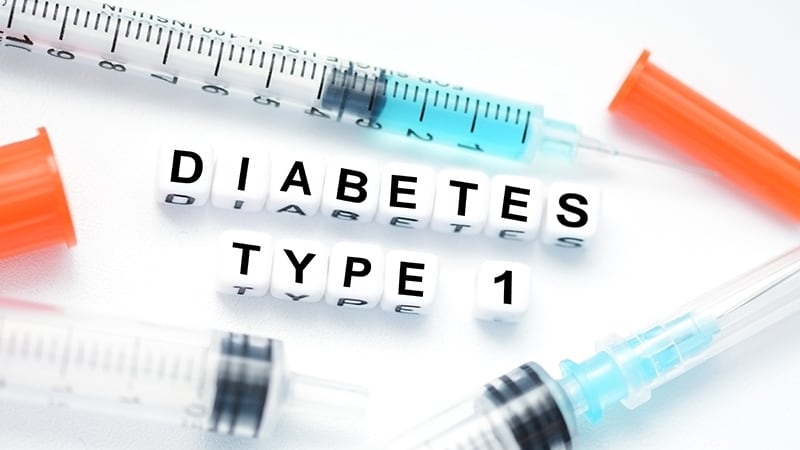this The study was announced It has been posted on medRxiv.org as a preprint and has not yet been peer reviewed.
Important point
-
A review of approximately 1.8 million people living in Scotland between 2020 and 2021 found no link between the SARS-CoV-2 infection that occurred more than 30 days ago and the incident. Type 1 diabetesOverall (full range age survey) and especially children under 16 years.
-
Estimated incidence of Type 1 diabetes In Scotland’s 0-14 year olds, from 2020 to 2021 (during the COVID-19 pandemic), there was an increase of about 1.2 times the average during the study period. However, the incidence of type 1 diabetes in this age group varies greatly from year to year. For example, the incidence in 2019 was 10% below the long-term average incidence. The study found no evidence of people aged 15-34 years with an increase in the incidence of type 1 diabetes between 2020 and 2021, except for the long-term upward trend in the incidence of type 1 diabetes. did.
-
The lack of protection from COVID-19 vaccination against type 1 diabetes is further evidence of the causal relationship of COVID-19 to type 1 diabetes.
Why this is important
-
The results do not confirm an association between incident type 1 diabetes under the age of 18 and SARS-CoV-2 infection more than 30 days ago. Previously reported According to the US Centers for Disease Control and Prevention.
-
The authors state that there are no other reports that have directly tested the association between SARS-CoV-2 infection and the development of type 1 diabetes at the individual and patient levels.
Research design
-
The survey includes all 1.8 million residents of Scotland. REACT-SCOT A study that was under 35 years old at baseline and was not diagnosed with diabetes. REACT-SCOT is a future database registered by approximately 4 million Scottish residents, including all Scottish residents diagnosed with COVID-19 immediately after the COVID-19 pandemic and by November 2021. am.
-
Researchers identified cases of type 1 diabetes in Scotland between 2015 and 2021 based on the date of diagnosis and the type of diabetes recorded by the clinician. Scottish Care Information-Diabetes registry.
Main results
-
The study included 365,080 people who were first detected with SARS-CoV-2 infection between March 1, 2020 and November 22, 2021, and developed type 1 diabetes during follow-up. 1074 people were included.
-
Hazard ratios for type 1 diabetes associated with previous SARS-CoV-2 infections were significant 2.62 for infections over the last 30 days and only 0.88 for people infected more than 30 days ago. In the subgroup of people under the age of 16, the corresponding percentage was significant 3.15 if the infection occurred in the last 30 days and not if the infection occurred earlier than the last 30 days.
-
Human immunization status against SARS-CoV-2 was not associated with the incidence of type 1 diabetes
Limitations
-
Because the number of cases of type 1 diabetes in people exposed to SARS-CoV-2 infection was relatively small, researchers used a relatively broad category of exposure durations of 0-30 days and 30 days or more to hazard. Modeled the ratio. However, the clustering of negative and positive tests before and after the diagnosis date is evident in the data.
-
Most infections in young people were undetected until the start of mass testing for SARS-CoV-2 in late 2020. However, it is estimated that by the second half of 2020, the cumulative incidence of infection in UK children aged 5 to 14 years is about 15%, so it is misclassified. Unexposed individuals only slightly reduce the incidence of type 1 diabetes associated with infections detected in this age group.
Disclosure
This is a summary of Preprint research, “Relationship between Incident Type 1 Diabetes and Recent COVID-19 Infection: Cohort Study Using e-health Record Linkage in Scotland , ”Researchers in Edinburgh and Glasgow, UK, wrote about medRxiv provided by Medscape. This study has not yet been peer-reviewed. The full text of the study can be found at medRxiv.org.
For news on Medscape diabetes and endocrinology, follow us at the following URL: twitter When Facebook




